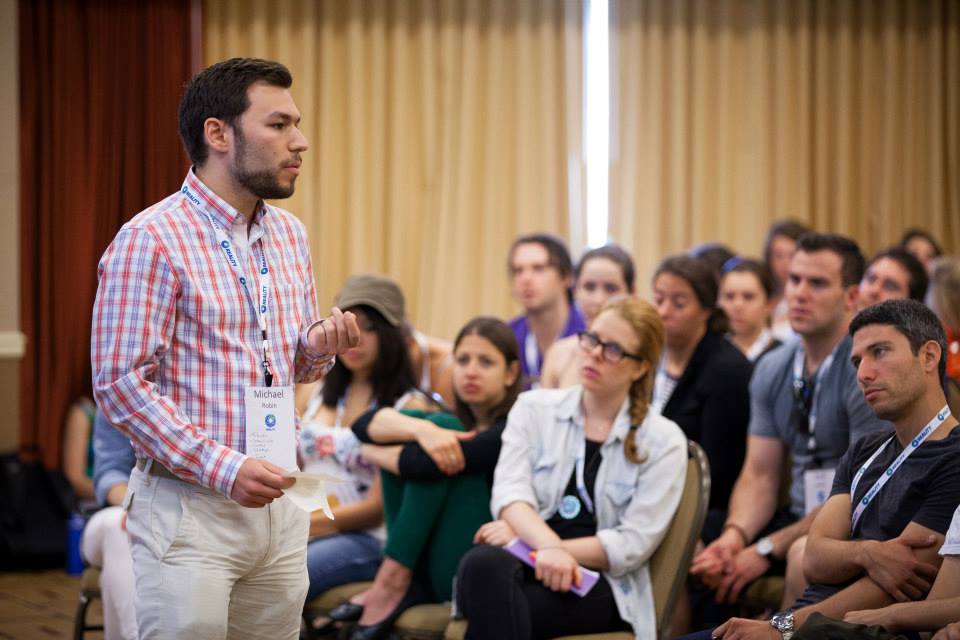By Peyton McDavitt and Michael Robin, Co-Founders of Ivy Method Tutors

Covid-19 has caused tectonic shifts in the college admissions process. The SAT subject tests and essay have been permanently eliminated, and UCs are no longer accepting SAT/ACT scores. Further, many schools have temporarily become “test optional” for the 2021-22 admissions cycle. We know how stressful this can be — but we’re here to help.
- Breathe! You’re not alone. There are many resources available to support you and your student.
- Students in 11th grade should take the SAT/ACT this fall.Though most colleges are not requiring SAT/ACT exams for the 2021-22 cycle, “test optional” is not the same as “no testing.” While colleges don’t require scores, they can be helpful if your student scores well. We suggest 11th graders prepare for the SAT/ACT over the summer and test in the fall.
- The College Board has eliminated SAT subject tests. This makes AP Exams even more important for students applying to competitive colleges. Even if your child’s high school doesn’t offer AP classes, they can still register to take the AP exams independently. Students taking AP exams independently should spend at least three months preparing with prep books or a tutor.
- Colleges want kids with deep passions. Students applying to competitive schools should invest in a passion, whether it’s music, robotics, dance, Model UN, sports or something else. It’s vital to explore passions with institutional support from either your student’s high school or another organization. We recommend kids start this exploration during their freshman year.
- The 11th grade PSAT is not a “practice” test! It is also the National Merit Scholarship Qualifying Test. Juniors who score well qualify as National Merit semi-finalists and have the opportunity to earn a National Merit Scholarship. If your child is a strong student, we recommend they prepare for the PSAT the summer after sophomore year.
- The college process is a process of self-discovery. We suggest you start early — as early as freshman year — and have your student dig into thoughtful personal questions to determine what types of schools are a good fit for them. Fit is by far the most important element when selecting a college.
- College essays are far more important than they used to be due to the shift away from testing. We cannot emphasize this enough: start early. We have our students begin their essays the week after junior year ends to give them time to write many drafts. A strong essay tells a unique, personal story about a student learning a life lesson or exploring a passion. The focus should be on the student, not on somebody else in the student’s life. Make sure the essay isn’t simply a resume rehash and avoid cliches at all costs.
- Demonstrated interest matters. Colleges want to keep their matriculation rates high and thus only want to admit students who will attend. Your student should show each school that they are genuinely interested. Go on a virtual tour, see if a school has a “talk to a student” program. Go to virtual Q&A’s. In their supplemental essay and interview, students should articulate specifically why they want to attend. If your student is deferred or waitlisted, write a letter of continued interest.
- The interview is critical. Zoom or not, your student should be prepared, and show up early. They should be dressed well and look presentable. Control the environment: don’t use a Zoom background. Instead, find a clean neutral space with no mess in the background. Ask everyone in your home for quiet during the interview. Your child should know why they want to go to that school, and should be curious and ask their interviewer questions. Send a thank-you note. We strongly recommend doing a mock interview.
- Don’t stress!

Ivy Method Tutors are offering a free Zoom lecture to deep dive on all these topics on Thursday, March 18 at 7:30 p.m. on Zoom. Click HERE for more information on this event.
Ivy Method Tutors was founded by Michael Robin and Peyton McDavitt, Harvard alumni with over thirty-five years combined experience as educators. To learn more click HERE.
























